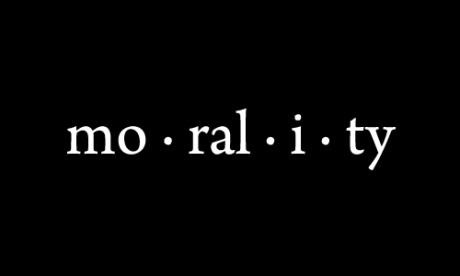There’s something in religious tradition that helps people be ethical. But it isn’t actually their belief in God.
A couple of years ago, the idea of God came up, in an incidental way, in the Contemporary Moral Theory course I teach. I generally try not to reveal my particular beliefs and commitments too early in the semester, but since it was late in the course, I felt I could be open with the students about my lack of religious belief. I will never forget the horrified look on one student’s face. ‘But Professor Jollimore,’ he stammered, ‘how can you not believe in God? You teach ethics for a living!’
I shouldn’t have been surprised by this reaction. But I always am. We were 12 weeks into a class that discussed a great variety of recent moral theories, none of which made the slightest reference to any sort of divine power or authority, but this made no difference. After 20 years of living in the US (I was born in Canada), I still tend to forget how many people here assume, simply as a matter of common sense, that the very idea of ‘secular ethics’ is an abomination, a contradiction, or both.
I don’t want to suggest that this attitude is influential only in the US. It is simply more prominent here. In polls and studies, a majority of Americans don’t trust atheists and say they would not vote for a presidential candidate who did not believe in God. ‘Religion’ and ‘theology’ are still frequently cited in the American media as if they were the sole aspects of human existence responsible for matters of value. ‘We need science to tell us the way things are; we need religion to tell us the way things ought to be,’ as people around here like to say. I have spent my career studying the way things ‘ought to be’, outside of the scaffolding of any faith or religious tradition. No wonder I find such sentiments rather frustrating. Continue reading
Sources
- Aeon Magazine
- Image: examiner.com
News category: Features.




